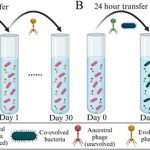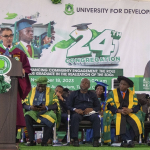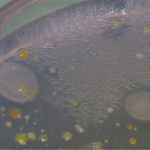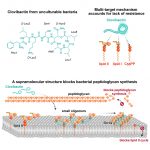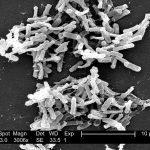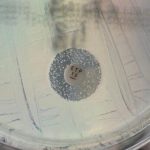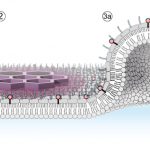News about Antibiotic Resistance
“What doesn't kill you makes you more... resistant” on the Microbichitos blog
In the blog Microbichitos, Jesús Mingorance tells us about how the intestinal microbiome adapts to long treatments with antibiotics.
Bruno González Zorn named Doctor Honoris Causa by the University for Development Studies of Ghana
Our colleague Bruno González Zorn has been awarded an Honoris Causa Doctorate by the University for Development Studies of Ghana for his pioneering work in the field of strategy
The Órbita Laika program talks about the MicroMundo project
The RTVE program Órbita Laika has dedicated part of its space to talking about the MicroMundo project. In the following link you can see the video.
PRAN Conference for the Prudent Use of Antibiotics
On November 17, in person at the Ministry of Health, and also broadcast live by streaming from the website, the PRAN Day will be held for the
The return of superantibiotics
In the Microbichitos blog, Jesús Mingorance tells us about the new “superantibiotic” discovered: clovibactin Image origin.
“The bacteria that kill us” on the Microbichitos blog
Jesús Mingorance summarizes the Global Burden of Disease 2019 on the Microbichitos blog. This report states that in 2019 there were 13.7 million deaths from
From stool transplants to microbiota replacement therapy
Our colleague Manuel Sánchez has published in The Conversation the interesting article: A new therapy is born: this is how the first biopharmaceuticals made from healthy feces are
sustainable antibiotics
We are in the European week of awareness of the use of antibiotics. In the Microbichitos blog they have published this interesting entry about the change in the consumption model of antibiotics
on the blog “Curiosities of microbiology”: the mechanism of action of polymyxin
Our colleague Manuel Sánchez has published in his blog the entry “A honeycomb of antibiotic” about the recent article describing the mode of action of polymyxin.
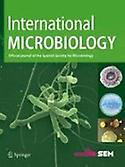
Official Journal of the Spanish Society for Microbiology
Only for members
Join the Spanish Society of Microbiology

